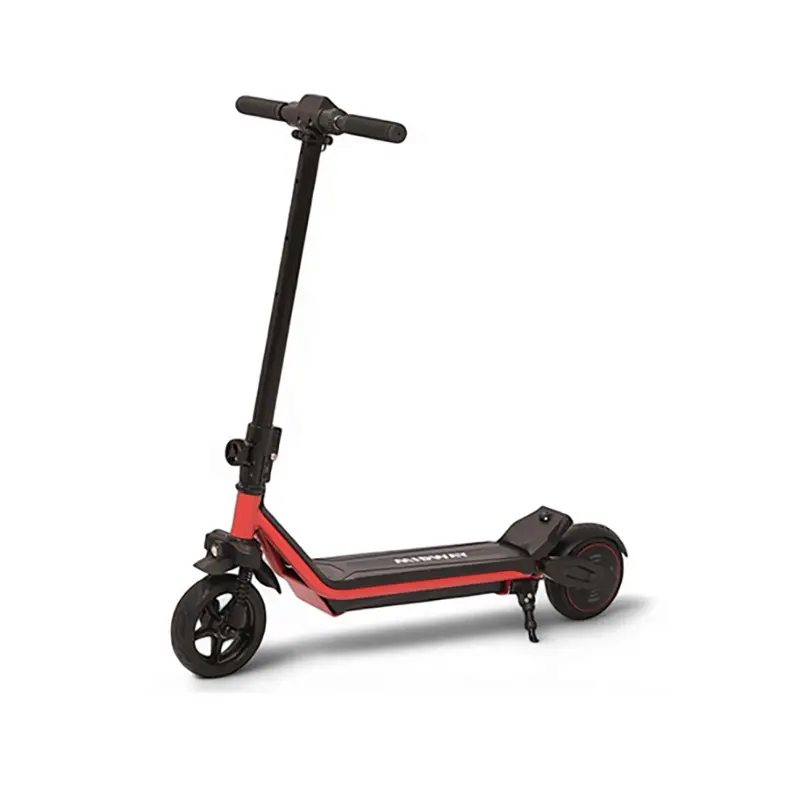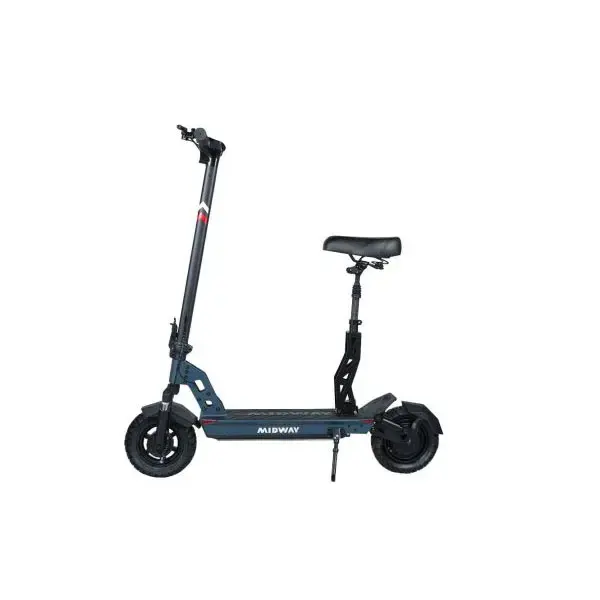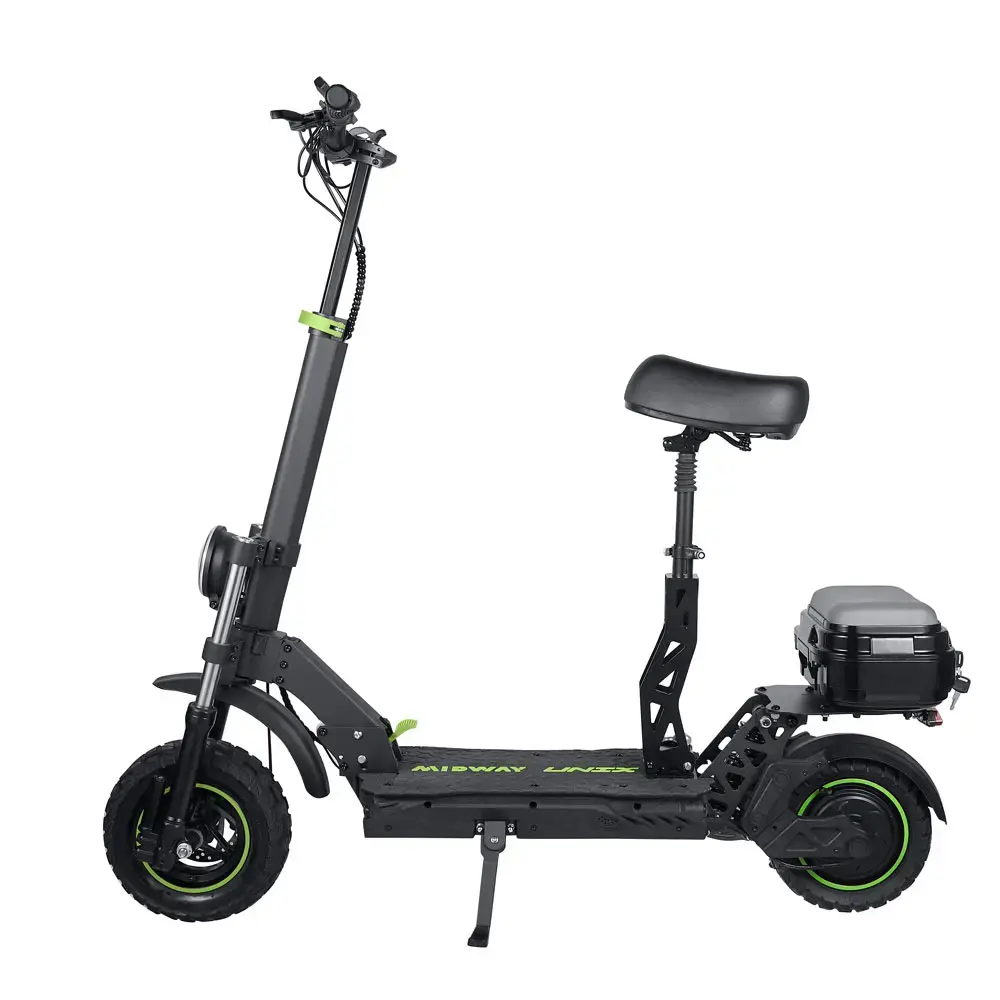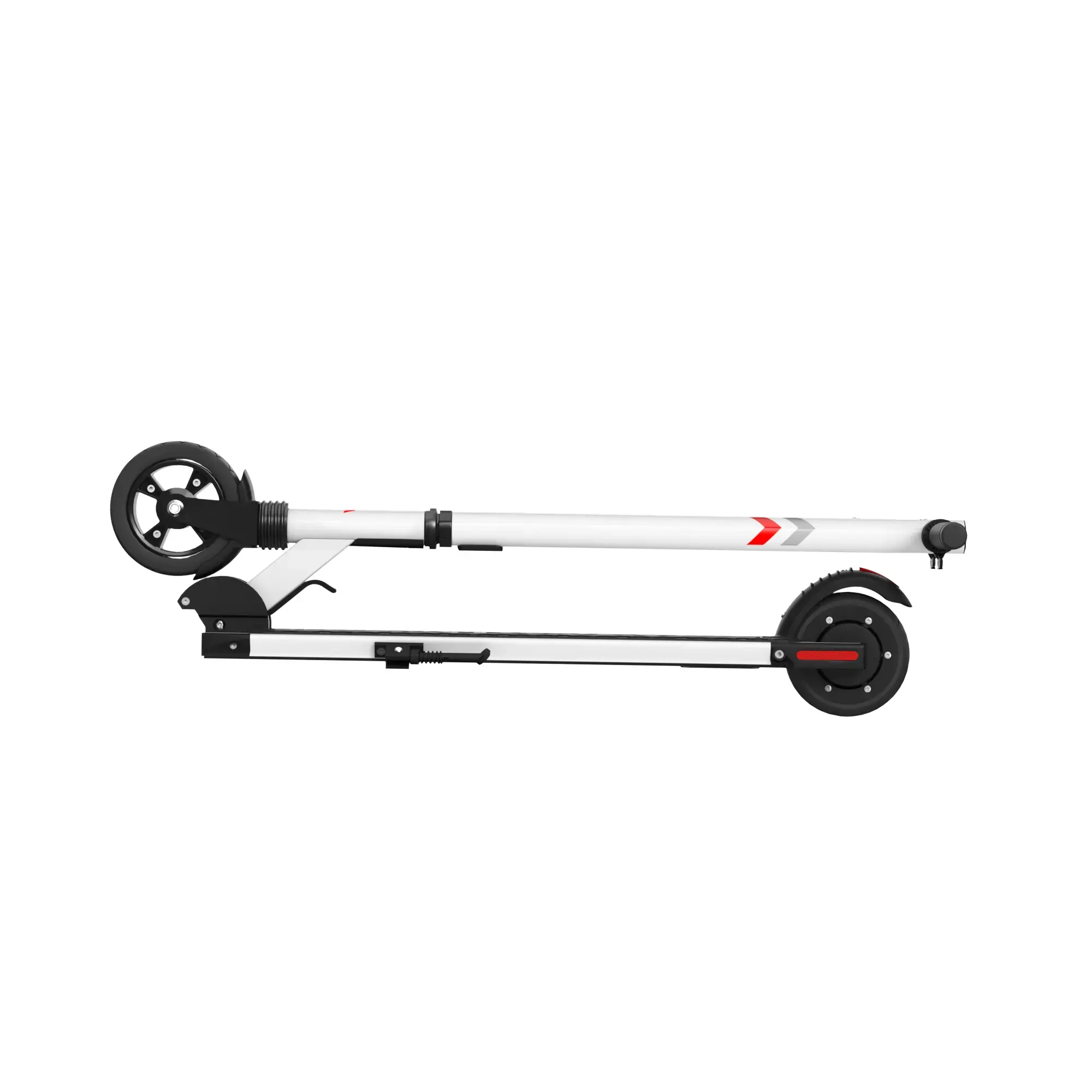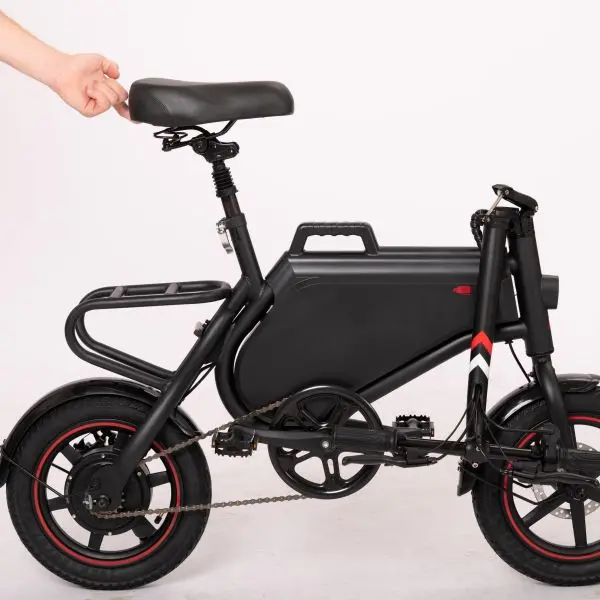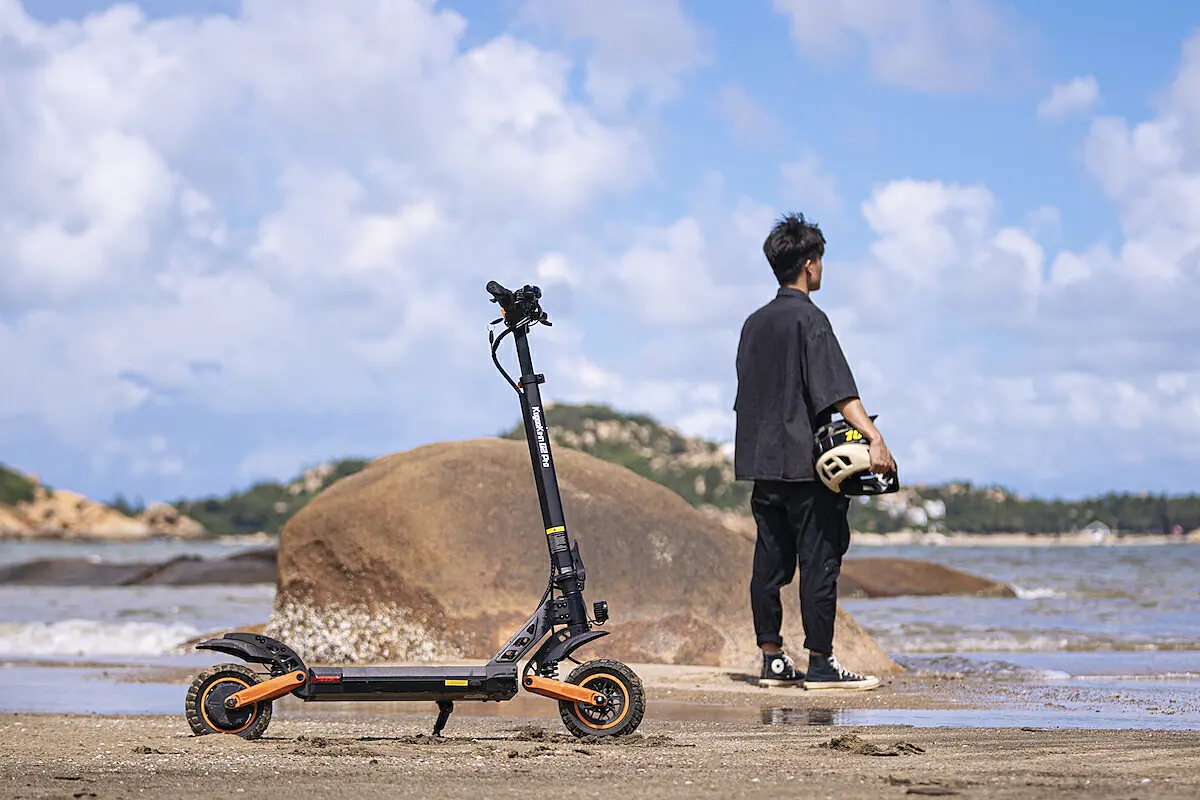What are the safety standards for electric scooters in Russia?
What are the safety standards for electric scooters in Russia?
Russia is paying more and more attention to the safety management of electric scooters. Here are some key safety standards and regulations:
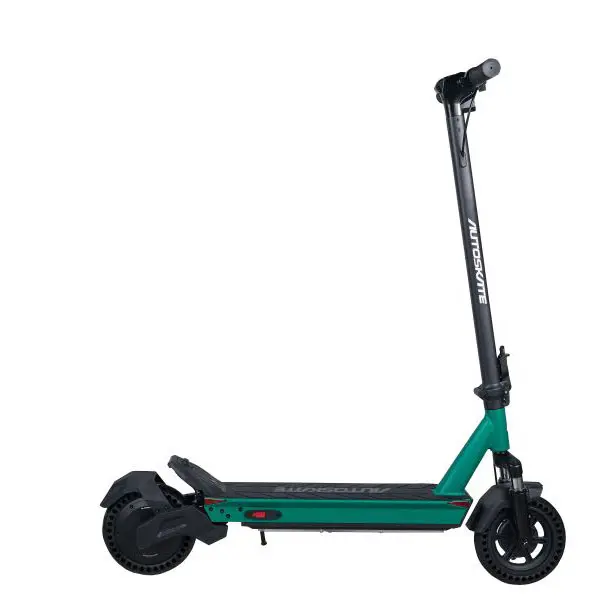
1. The legal status of electric scooters as a means of transportation
From March 1, 2023, Russia officially recognized electric scooters as means of transportation, and electric scooters, electric balance cars, unicycles and similar means of transportation were integrated into personal transportation. This change means that electric scooters have a clear position in Russia's road traffic regulations.
2. Speed limit
Russia stipulates that personal transportation vehicles cannot exceed 25km/h when driving on the roadside with a speed limit of 60km/h. Drivers who violate the speed limit will face fines
3. GOST certification
In order to legally sell electric scooters in the Russian market and ensure compliance with market safety standards, manufacturers need to apply for GOST certification. GOST certification is a certification process that ensures that products comply with Russian national standards, including mechanical safety testing, electrical safety testing, chemical safety testing, protection level testing (IP testing), etc.
(Details about the safety standards and GOST certification of Russian electric scooters
1. GOST-R certification
GOST-R certification is an effective quality certification system within the Russian Federation. Products produced abroad and imported into Russia should meet Russia's national quality standards, that is, pass GOST certification. For electric scooters, this means that the product must meet Russia's safety, quality and standard requirements and have a Russian-approved mark.
2. EAC certification
EAC (Eurasian Economic Union Certification) is a certification system applicable to countries such as Russia, Belarus, Kazakhstan, Armenia and Kyrgyzstan. Electric scooters must undergo the mandatory Customs Union EAC certification procedure, especially the Customs Union Technical Regulation TR CU 020 (for electromagnetic compatibility)
3. Technical Regulation TR Certification
TR certification ensures that the product meets Russia's technical and safety requirements to obtain permission to be sold in the Russian market.
4. National Standards for Electric Scooters
Russia has begun to formulate national standards for electric scooters, with a maximum speed limit of 25 km/h for such vehicles, which is automatically reduced to 6 km/h in the park. This indicates that Russia has clear requirements for the speed, operation mode and possible satellite system speed limit function of electric scooters.
5. Electromagnetic compatibility (EAC) certification
The battery of the electric scooter must comply with Russian national standards and must be tested at the EAC certification body to ensure the electromagnetic compatibility of the product
6. Appearance and construction standards
The appearance and construction of the electric scooter must also comply with Russian standards, such as wheel diameter, body length, etc.
7. GOST R 51318.22-99
This standard specifies the environmental adaptability requirements of electronic equipment, including temperature, humidity, vibration, etc.
8. GOST R ISO 8124 series
If the electric scooter charger contains children's toy parts (such as plugs or cables), it may need to meet standards related to the safety of children's toys
In summary, the sale of electric scooters in Russia needs to meet a series of GOST certification and safety standards, which cover multiple aspects such as product safety, quality and electromagnetic compatibility. Manufacturers must ensure that their products meet all the above safety and certification requirements before exporting their products to Russia.)
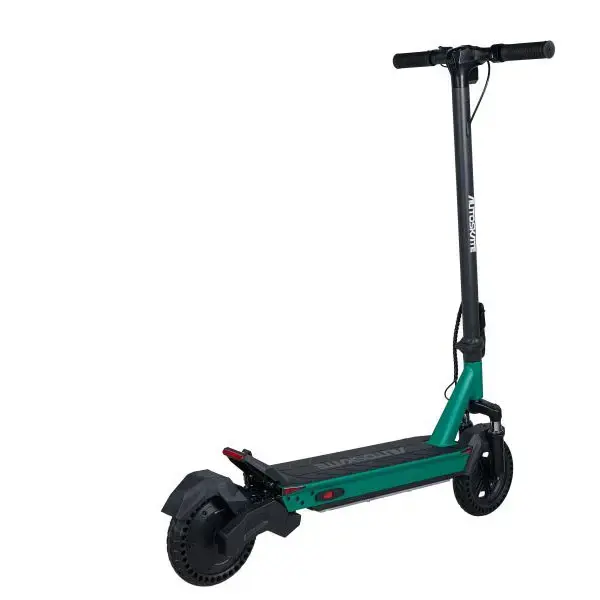
4. Technical and safety requirements
Electric scooters must meet a series of technical and safety requirements, including structural stability, braking system, battery safety, insulation and protection, speed and control system, lighting and warning system, etc.
5. Traffic rules
The Russian Ministry of Internal Affairs and the Ministry of Transport recommend that road traffic rules be revised for electric scooters and other personal mobility devices. The draft proposes a maximum speed limit of 25 km/h and stipulates a weight limit of 35 kg for electric scooters
6. Electromagnetic compatibility (EAC) certification
According to Russian and Eurasian Economic Union laws, electric scooters must undergo a mandatory Customs Union EAC certification procedure, adopting the Customs Union Technical Regulation TR CU 020 (for electromagnetic compatibility)
7. Development of national standards
Russia has begun to develop national standards for electric scooters, with a maximum speed limit of 25 km/h for such vehicles, which automatically decreases to 6 km/h in parks
8. Compulsory certification
The Russian State Committee approved mandatory certification of electric scooters and electric motors to ensure citizen safety, reduce the number of traffic accidents and develop measures aimed at promoting fair competition among domestic manufacturers
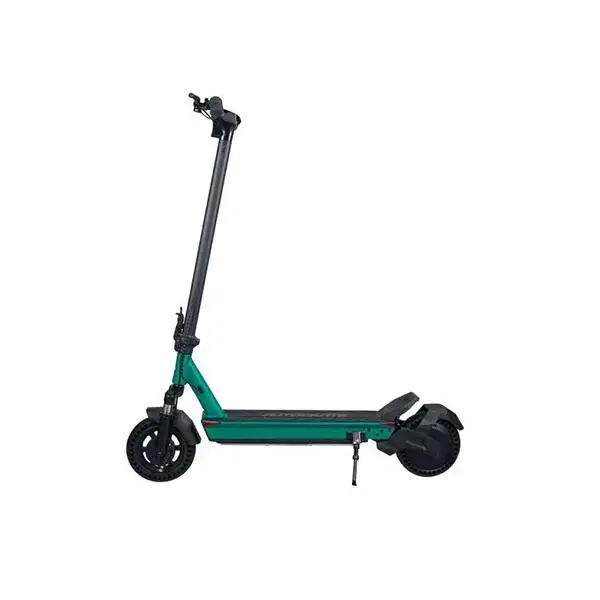
In summary, Russia's safety standards and regulations for electric scooters cover multiple aspects such as clarification of legal status, speed limits, GOST certification, technical and safety requirements, compliance with traffic rules, electromagnetic compatibility certification, and development of national standards. These regulations are intended to ensure the safe use of electric scooters, reduce traffic accidents, and protect consumer rights.






